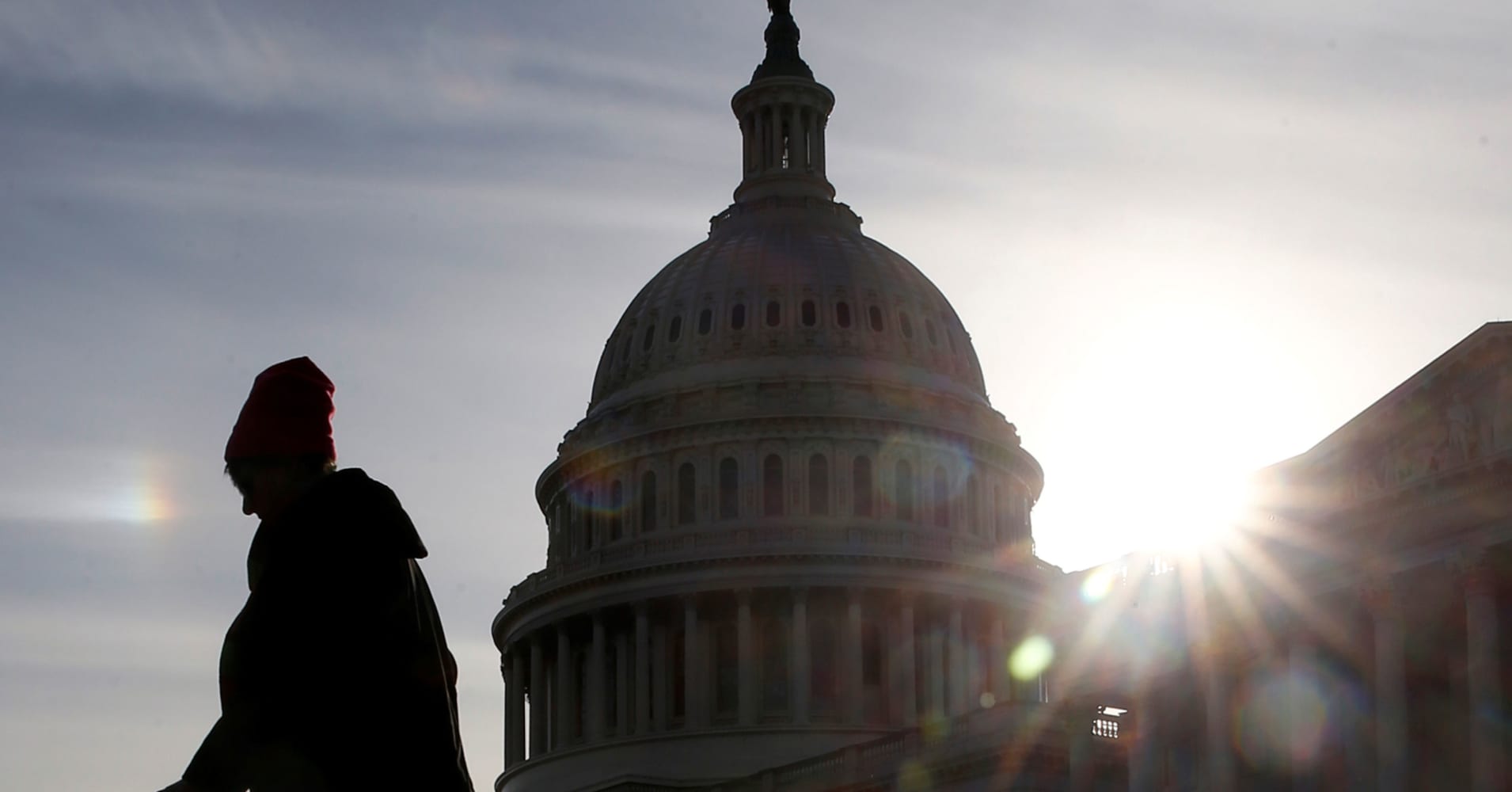The government shutdown is beginning to seriously affect the business of Wall Street, in particular the critical issue of IPOs.
If the government does not reopen soon, a serious backlog in initial public offerings could develop.
Even if the shutdown ends soon, there is already likely some collateral damage: “I could easily see this pushing back everyone by at least 30 days, and it’s possible now you will not see a substantial IPO market until March,” Pat Healy, who runs Issuer Network, an IPO advisory service, told CNBC several days ago.
It’s a critical year for the IPO business. There are dozens of tech “unicorns” waiting to go public, including Uber, Lyft and Pinterest, many of which have been nurtured for more than a decade by private capital that is eager to cash out.
Some companies are now looking at an obscure workaround to try to go public without input from the SEC. This morning biopharmaceutical firm Gossamer Bio commenced its IPO, offering 14.375 million shares at $16. This announcement would have attracted very little attention were it not for the unusual path the company has chosen to go public: without the SEC’s explicit approval.
They can’t get the SEC’s explicit approval because the SEC is closed.
Under the Securities Act of 1933, a registration statement filed with the SEC can become automatically effective (i.e. without the SEC’s input) 20 calendar days after the filing, and that is the route the company is taking. Under this proposal, the company can go public Feb. 12, 20 calendar days after Thursday.
Cutting out the SEC’s involvement entails significant risk. In a normal IPO process, the company would file a registration statement with the SEC and then engage in informal discussions with the SEC to make sure the statement contained all the necessary legal information. The company would then typically make its registration statement public, setting a price range and amount of shares they intended to sell, then go on a road show to sell the stock to prospective buyers.
On the day before going public, the company would declare the exact price and the amount of shares to be sold, and on the day it went public the SEC would declare the registration “effective,” that is, legal for the stock to trade.
Why would a company choose this alternate route and cut out the SEC’s input? “These companies need money and they need to move forward,” Kathleen Smith of Renaissance Capital, an IPO advisory firm that runs the Renaissance Capital IPO ETF (IPO), told CNBC, referring particularly to biotech companies that are burning cash fast and need to raise money immediately.
But Smith warns there are significant risks with this path, including market risk and legal risk. “The market risk is the time frame between the announcement of the price and the day it actually trades —- 20 days can be a long time. The legal risk is that the registration is not vetted through the SEC, so there is a chance you could have litigation down the road.”
But as the government shutdown drags on, others eager to avoid an IPO crush after the government reopens may use this strategy as well. New Fortress Energy, which operates in the Liquified Natural Gas (LNG) space, is also seeking to go public. They have already been on their “road show” and are still scheduled to price Thursday for trading on the Nasdaq Friday, offering 22.2 million shares at a range of $17 of $19.
They have two choices: postpone the IPO, or take the same route as Gossamer and amend their registration statement stating it would become effective without SEC action after 20 days.
My bet: They will take the same route as Gossamer.
Who benefits from all this? Lawyers.

